Facts about Niger
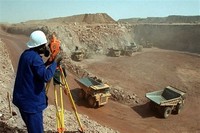
Niger's two uranium mines are owned by a French-led consortium and operated by French interests.

Niger's high infant mortality rate is comparable to levels recorded in neighboring countries.

The remainder of Nigeriens are nomadic or semi-nomadic livestock-raising peoples.

Niger maintains a special relationship with France and enjoys close relations with its West African neighbors.
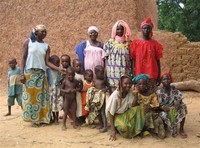
Niger, officially the Republic of Niger, is a landlocked sub-Saharan country in western Africa, named after the Niger River.

Niger was an important economic crossroad, and the empires of Songhai, Mali, Gao, Kanem-Bornu, as well as a number of Hausa states, claimed control over portions of the area.
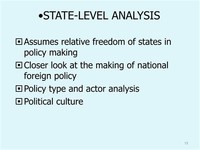
Despite relative freedom at the national level, Nigerien journalists say they are often pressured by local authorities.
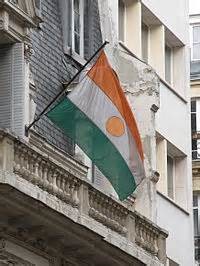
Niger pursues a moderate foreign policy and maintains friendly relations with the West and the Islamic world as well as nonaligned countries.

Fourteen percent of Niger's Gross Domestic Product (GDP) is generated by livestock production—camels, goats, sheep, and cattle—said to support 29 percent of the population.

The largest ethnic groups in Niger are the Hausa, who also constitute the major ethnic group in northern Nigeria, and the Djerma-Songhai, who also are found in parts of Mali.

Niger is a landlocked nation in West Africa located along the border between the Sahara and sub-Saharan regions.

Niger's agricultural and livestock sectors are the mainstay of 82 percent of the population.

Niger's subtropical climate is mainly very hot and dry, with much desert area.

Niger shares a common currency, the CFA franc, and a common central bank, the Central Bank of West African States (BCEAO), with other members of the West African Monetary Union.

The 15 percent of Niger's land that is arable is found mainly along its southern borders with Nigeria, Benin, and Burkina Faso.

Niger's independent judicial system is composed of four higher courts—the Court of Appeals, the Supreme Court, the High Court of Justice, and the Constitutional Court.

Niger is one of the poorest countries in the world, ranking last on the United Nations Development Programme's Human Development Index.
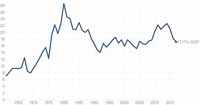
Of Niger's exports, foreign exchange earnings from livestock are second only to those from uranium.

In 1958, Niger became an autonomous state within the French Community, and it reached full independence on August 3, 1960.

Niger's 1999 constitution restored a semi-presidential system of government in which the president, elected by universal suffrage for a five-year term, and a prime minister named by the president share executive power.

Exploitable deposits of gold are known to exist in the region between the Niger River and the border with Burkina Faso.

Niger has the highest fertility rate in the world, which means that nearly half (49 percent) of the population is under age fifteen.

Niger is slightly less than twice the size of the U.S. state of Texas, and the world's 22nd largest country (after Chad).
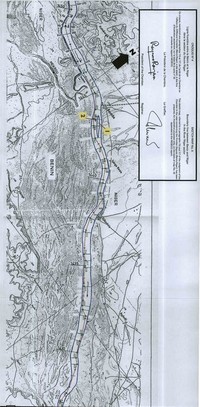
The border dispute with Benin, inherited from colonial times, was finally solved in 2005 to Niger's advantage.
